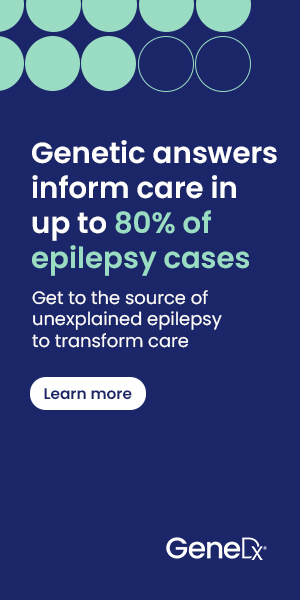The U.S. Food and Drug Administration (FDA) has approved Empaveli (pegcetacoplan) for the treatment of C3 glomerulopathy (C3G) or primary immune complex membranoproliferative glomerulonephritis (IC-MPGN) in patients ages 12 years and older to reduce proteinuria.
C3G and IC-MPGN are rare kidney diseases characterized by damage to the glomeruli in the kidney that filter blood for toxins and produce urine. Abnormal activation of the complement system can be caused by genetic mutations or the absence of regulatory proteins. This leads to the destruction of C3 proteins. When protein accumulates in the kidney, glomeruli get injured and this ultimately leads to declined kidney function. Common signs and symptoms include hematuria, proteinuria, reduced glomerular filtration rate and increased creatinine levels, fatigue, and edema of the hands, feet, and ankles.
Pegcetacoplan is a targeted C3 therapy designed to regulate the excessive activation of the complement cascade. The approval follows results from the phase 3, randomized, placebo-controlled, double-blind, multi-center VALIANT clinical trial evaluating the safety and efficacy of pegcetacoplan in patients ages 12 years and older with C3G or primary IC-MPGN.
The study enrolled 124 patients who received pegcetacoplan (1080 mg) or placebo twice weekly for 26 weeks. Following this controlled period, participants were able to continue a 26-week open-label phase in which all patients were treated with pegcetacoplan.
Results illustrated a 68% reduction in proteinuria, as well as stabilization of kidney function, and substantial clearance of C3 deposits measured by C3 staining, compared with placebo. These results were consistent in both adult and pediatric patients as well as those with post-transplant disease recurrence.
Pegcetacoplan was generally well-tolerated with the most common adverse events being infusion site reactions, pyrexia, nasopharyngitis, influenza, cough, and nausea.
The drug comes with a Boxed Warning for increased risk of developing serious infections caused by encapsulated bacteria.
For more information, click here.
To learn more about C3G and IC-MPGN and other rare kidney conditions, visit https://checkrare.com/diseases/kidney-and-urinary-diseases/

